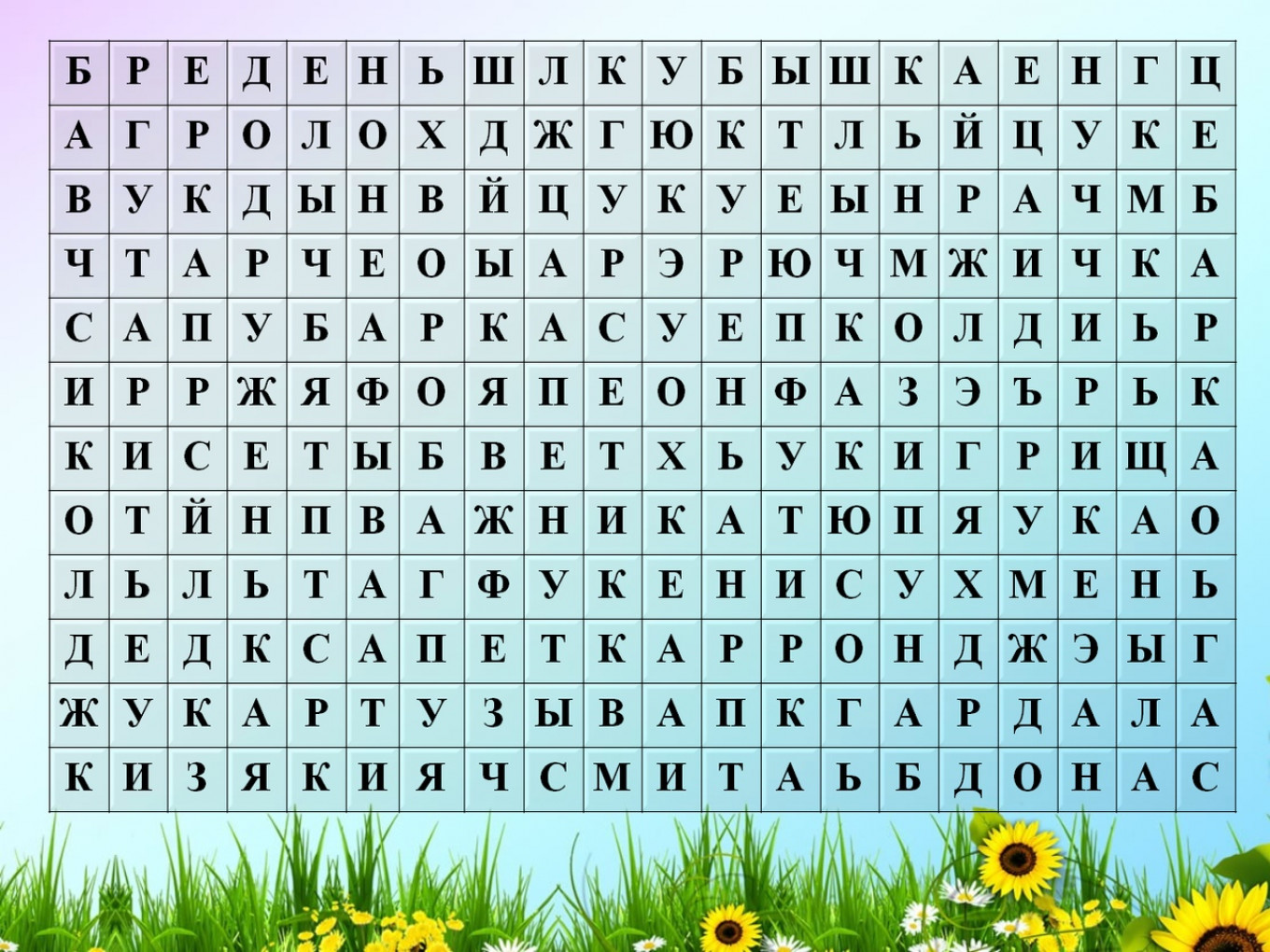Go to the library, flip through the books, smell the paper, choose a book… That pleasure is denied to us now since libraries, like other cultural institutions in Russia, have been closed and can only work online.
An online regime is tough for libraries everywhere, but especially hard for libraries located in towns and villages, where internet is lacking or works extremely slowly. Some small libraries are closed, but others are trying to work in different formats.
Librarians give advice about books readers might enjoy on social networks, read over the phone, lend out electronic books, organize online exhibitions, master classes, quizzes, and other activities. Small Russian libraries have their own ways of keeping old readers and attracting new ones.
For example, in Orenburg the N.K. Krupskaya Regional Library asked library-users to film themselves reading or singing about the Great Patriotic War (the part of WWII the Soviet Union fought in). They must send their visuals to the library by May 9, celebrated as Victory Day in Russia, when they will be published on the library website and its social media sites.

The librarians also challenged readers to get creative. They asked them to make posters of favorite books, by either Russian or foreign authors — only to make them relevant to the coronarvirus pandemic. They came up with some examples to get things going. “Alexander Dumas recommends iron mask as the most economical and reliable way to protect yourself!” and “Daniel Defoe. Self isolation. Now we envy Robinson Crusoe!”
At the Bolkhovskaya Rural Library of the Lipetsk region, since this year marks the 75th anniversary of the end of the war, the librarians asked readers, libraries and schools to post “curiosities and interesting facts about World War II” on social media.
The National Library of Republic of Sakha (Yakutia) came up with a way to help families self-isolate. The librarians opened online access to documents in the archive called “Families of Yakutia: Memory of the Clan.” In December, the National Archives and the National Library of Yakutia signed an agreement to make available documents from the family lists of the All-Russian Population Census,1926-1928. During this period of self-isolation, the archival materials are available in electronic form to all readers registered in the electronic library.
In Ulyanovsk, librarians put up an interactive map on the website of the Arzhantseva Children’s Library No. 25 so that people can take virtual trips to some of the religious sites in Simbirsk region. Through the website, they can also learn about local lore. For example, “bolyan” is a funny man, “Cheburashka” is a doll, and “kolyabyatka” is a loaf made with sour milk, the prototype of the kolobok bread.

Librarians at Library No. 12, which is named after Vladimir Dal, the author of Russia’s first major dictionary, have set a particularly difficult task. Readers must use Dal’s four-volume “Explanatory Dictionary of the Russian Language” or its internet version to find words that originated in Simbirsk. All the words they find will be made into a virtual dictionary.
The M.A. Sholokhov Library in Shakhty has sent readers on an equally difficult quest: to find words from the Don dialect in Sholokhov’s novel “And Quiet Flows the Don” in a word search puzzle. There are more than 60 in the novel, but there are “just” 23 in the puzzle. Clever readers are giving their answers on social media.
It may not be the scent of a new book, but it’s helping people stay connected to their public libraries.






